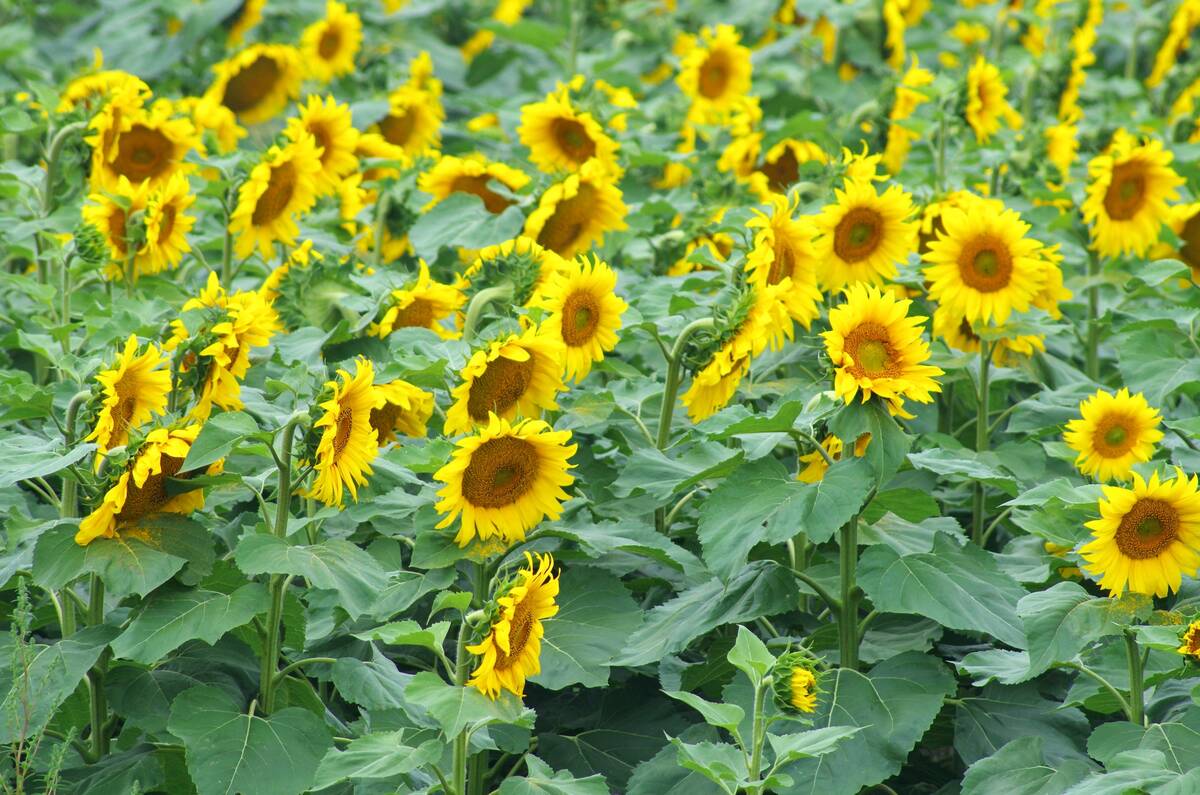BRUSSELS, Belgium – The new agriculture and rural development commissioner for the European Union added fuel to the often heated debate over EU farm spending recently when she defended the common agriculture policy.
British prime minister Tony Blair has been a leading European proponent of the view that agricultural spending is too high proportionate to agriculture’s role in Europe. As the current six-month chair of the European Union council, he has been arguing for agricultural budget cuts.
“It is simplistic and misleading to pretend it is wrong to spend more than 40 percent of the budget on (agriculture)…,” commissioner Mariann Fischer Boel said in a June speech.
Read Also

Made-in-Manitoba sunflower hybrid heads to market
Glacier FarmMedia – Manitoba’s confection sunflower growers will have a new seed option next spring that was developed specifically to…
Within the politics of the EU, the size of agricultural subsidies is a scab waiting to be picked.
Defenders of the budget see Blair’s attacks on farm subsidies as ammunition for the external enemies of EU policy at the World Trade Organization.
In 2004, the agriculture budget of 44.76 billion euros ($67 billion Cdn) is 45 percent of the total EU budget, a figure used by critics who compare agricultural expenditures of one percent or less of GDP in countries like Canada and the United States.
But direct comparisons can be misleading.
Agriculture is the only jurisdiction in Europe that is paid for overwhelmingly by the EU. “European spending replaces national spending,” said Fischer Boel. “That is why it accounts for such a large portion of the EU budget.”
The agriculture commissioner said defence spending by member countries is four times greater than agricultural spending, which accounts for just 0.43 of the GDP. Social spending by national governments accounts for 27 percent of European GDP.
The Organization for Economic Co-operation and Development calculates EU farm supports at 1.3 percent of GDP, about triple Fischer Boel’s estimate.
The OECD counts higher domestic prices because of protectionist measures as subsidies, rather than simple budget expenditures.
By that calculation, Europe’s spending as a share of the economy was higher than both Canada and the United States at 0.8 percent and 0.9 percent respectively.














